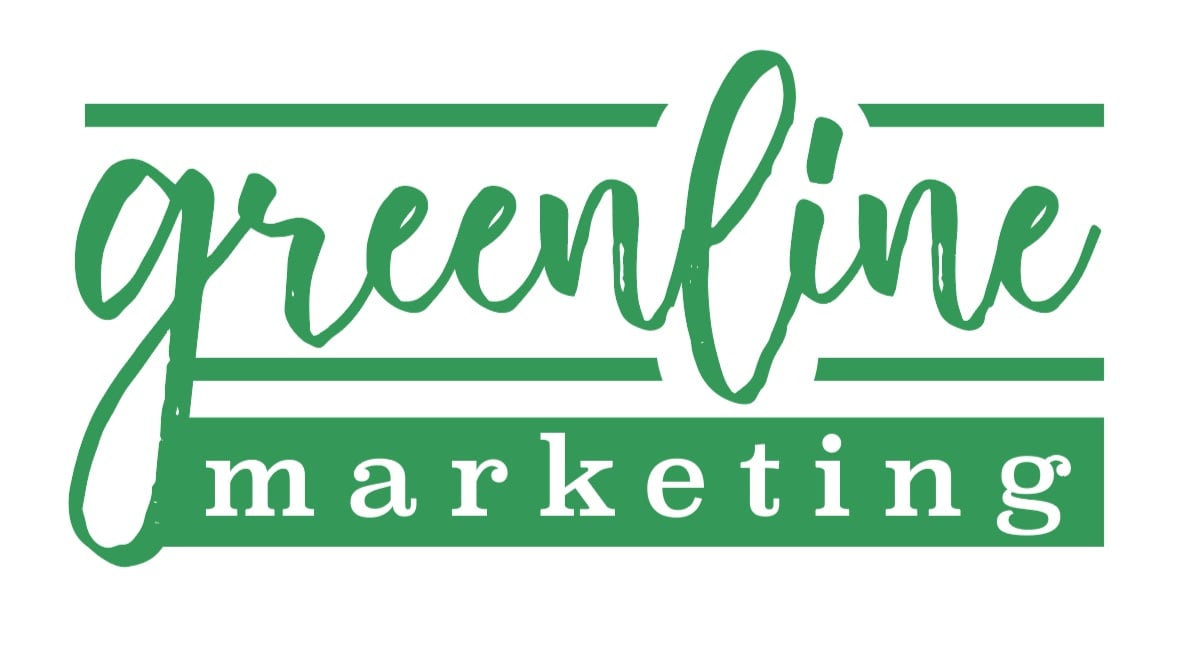Consumer data has been called “new oil” for almost two decades. When this term was declared, the purpose was to describe data as something that had to be refined and processed to become useful, as its natural form was not powerful enough on its own. However, industry experts have stepped away from this term because many businesses got the wrong idea. Consumer data is not just a resource to be mass-extracted and abused. It is much more valuable and sensitive than that.
The Growing Concern Over Data Privacy
Data privacy is the management and protection of personal data. It is a set of principles and practices that verify that individuals have control over their personal information, such as how it is used or shared. During their marketing efforts, companies will likely collect consumer data, such as name, email address, location services, and browsing history.
In 2022, 1,802 data breaches in the United States impacted over 422 million individuals. Consumers are increasingly becoming less confident in data privacy and protecting their personal data. This is likely to negatively impact marketers everywhere. If your audience is becoming more aware of the importance of data privacy, they are also likely to be concerned about the risks of sharing personal information online. However, by prioritizing data privacy regulations and implementing systems that protect consumers, you are likely to build trust with your audience when it comes to personal data consumption.
Data Privacy Laws and Regulations
Given the risk of data breaches and the sensitivity of information on the Internet, consumer data privacy laws have been instituted to create standards about how businesses must collect, store, and use their customers’ information. Companies must abide by these laws, or they will likely face fines, lawsuits, or restrictions that will negatively impact their reputation and likelihood of success. Lucky for you, we have listed a few of the most popular and protective data privacy laws and regulations as a quick refresher.
General Data Protection Regulation
The GDPR is the world's toughest and most widespread data security law. Initially passed by the European Union, this law applies to any organization that targets or collects data related to any citizen in the EU. The regulation was created in May 2018 and has been continuously refined and updated. Because the GDPR is extensive and reaches multiple enterprises and countries, it is not extremely specific. This can be difficult for small and medium-sized organizations to comply with and follow best data privacy practices. In a snapshot, the regulation outlines the importance of accountability, protection, accuracy, and more regarding data privacy. Ensure that a member of your organization reads all 88 pages of the regulation to ensure you are clear about GDPR.
California Consumer Privacy Act
The CCPA is a piece of legislation that applies to businesses that process the personal data of California residents. Although it sounds like this is only subject to California citizens, it includes any organization that collects information about individuals in California, no matter where that organization is located. Organizations have to meet at least one of the following descriptions to be subject to the standards of the CCPA:
- They have a gross annual revenue of $25 million or more.
- They buy, receive, or sell the personal information of at least 50,000 California residents, households, or devices.
- They obtain 50% or more of their annual revenue from selling California residents’ personal information.
The CCPA defines personal information as “any information that identifies, relates to, describes, is reasonably capable of being associated with, or could reasonably be linked, directly or indirectly, with a particular consumer or household.” If you fit one of the descriptions above, you are subject to the CCPA and must comply with their doctrines on data privacy.
U.S. Privacy Act of 1974
The Privacy Act of 1974 established rules for collecting, using, and maintaining personal information by all federal agencies. It gives individuals the right to know the type of information being collected from them, why and how it’s being used, and the ability to request alterations. This law is one of the oldest pieces of information privacy legislation worldwide. The Privacy Act applies to American agencies that collect individual data via digital platforms. However, this law has many critiques, specifically about bringing its language and doctrines up to date. The online landscape has vastly and rapidly changed over the past 50 years, requiring frequent adjustments and corrections to ensure user safety and protection. This law should remind companies of the longevity of this issue, encouraging marketers and other industry experts to uphold data privacy.
Impact of Data Privacy on Digital Marketing Strategies
Emphasis on Transparency & Trust
Data privacy is especially prevalent in the marketing industry. Marketers must balance the drive to discover information about their audience with respect and honesty for digital users. When organizations are clear about their intentions with consumer data, they are likely to gain consumer trust. Transparency is crucial. Consumers should have control over the actions taken with their personal data. This requires marketers to provide their audience with updated privacy policies that include detailed explanations about the company's intentions with their data. If your brand wants to gain consumer trust, you must allow consumers to opt out of revealing their personal information. Happy customers are better than greedily collected data.
Personalization With Privacy in Mind
The better you get to know your audience, the more personalized you can make your marketing efforts. Consumers say they love personalization, especially when digital marketing content looks designed just for them. However, online users are also becoming increasingly more aware and skeptical of how their information is being used online. This is a difficult reality for marketers. To combat this, many marketers have adopted a privacy-by-design approach, which considers data protection and privacy issues before the beginning of a project rather than during or after execution. Leverage first-party data collection via surveys and sign-ups. This is the best way to create personalized experiences for your audience based on the information that they want you to know. The biggest mistake a marketer can make is operating under the misconception that personalization and privacy are conflicting efforts. By listening to your audience, following data privacy regulations, and customizing your marketing efforts, you can make authentic relationships with consumers without worrying about knowing or taking too much information.
Ensuring Data Privacy in Your Marketing Campaigns
Because consumers are sharing their concerns about the privacy and security of their personal data, marketers must work to ensure their audience feels respected and heard when it comes to data collection. If you hope to improve your methods, here are four best practices for integrating data privacy into your marketing efforts.
- Obtain Informed Consent: Include opt-in mechanisms in your digital marketing strategies, allowing users to choose how much your brand shares and uses their data.
- Data Minimization: To minimize the risk of data breaches and attacks, collect only data from your audience that is absolutely necessary for your services.
- Utilizing Data Storage & Encryption: Data encryption encodes information by converting plaintext into ciphertext, making it difficult for unauthorized users to hack. Many software programs can do this for you!
- Regular Audits & Compliance Checks: To ensure security, perform routine audits of your computer software. You can also filter out any information no longer necessary for your brand’s success.
Because the digital landscape is growing at an unprecedented rate, data privacy and security are becoming increasingly crucial for marketers to prioritize. This list is not exhaustive, but it provides a good starting point for understanding the importance of data privacy in digital marketing.
Tools & Tech For Managing Data Privacy
To ensure the security of your collected data, it is crucial to utilize technologies that offer protection and bolster privacy. Leveraging these tools makes it easier to follow laws and regulations and gain the trust and loyalty of your audience. Here are three tools to make managing data privacy more manageable for your business.
- Consent Management Platforms (CMPs): CMPs are software solutions that help businesses collect and manage personal information. They operate in coordination with privacy laws and regulations and enable you to track, monitor, and respond to your audience’s requests and preferences.
- Data Encryption Tools: Encryption tools change the data you gain during transfer, so individuals who view the data cannot understand it without a key. You, and only you, can use tools to decode the messages once they have reached the safe, intended destination.
- Data Loss Prevention Solutions: A DLP solution is a set of tools and processes that ensure sensitive data is not lost or accessed by unauthorized users. If a violation is detected, the DLP software automatically enforces security measures through alerts, encryption, and other protective actions to prevent data from being shared consensually.
Building Trust Through Responsible Data Practices
In today’s digital age, data privacy isn’t just a regulatory necessity - it’s a pinnacle method of building trust and authenticity with your end user. As consumers are becoming more aware of their digital footprint, it is crucial to be a brand that is prioritizing transparency in your marketing efforts. This will stand out in the competitive digital landscape. With many laws, software, and best practices to explore and adapt to, data privacy can seem pretty dull. However, data privacy is so much more than a responsibility. Protect and connect with your audience by providing a secure and trustworthy environment online.




